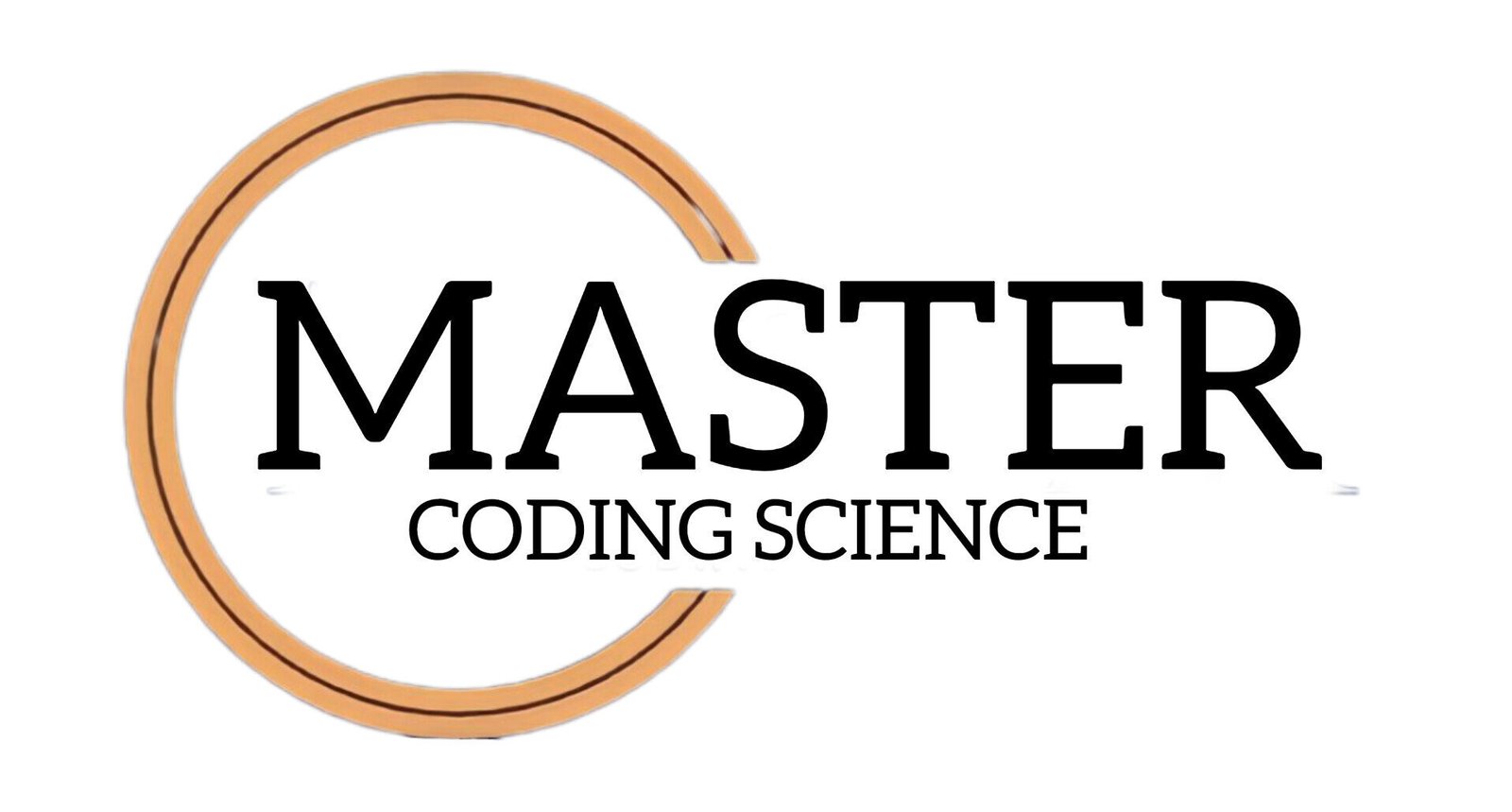Strings in C are a sequence of characters terminated by a null character (\0). They are used to store and manipulate text. In C, strings are not a data type by themselves but are implemented as arrays of characters. The \0 at the end of the string marks its termination, allowing C functions to recognize where the string ends.
Let’s dive into strings in C, starting with examples and definitions.
Code Example: Declaring and Using Strings in C
#include <stdio.h>
#include <string.h>
int main() {
// Declare and initialize a string
char greeting[] = "Hello, World!";
// Print the string
printf("Greeting: %s\n", greeting);
// Modify the string
greeting[7] = 'C';
printf("Modified Greeting: %s\n", greeting);
return 0;
}
What Are Strings in C?
A string is essentially an array of characters, terminated by the special null character (\0). This null character indicates the end of the string and is automatically added when initializing a string using double quotes.
For example:
char name[] = "John"; // Contains 'J', 'o', 'h', 'n', '\0'
Strings in C are stored as a contiguous block of memory. Each character occupies one byte, and the null character requires an additional byte.
How to Declare Strings in C
Strings can be declared in several ways:
- Using Character Arrays
char str[20]; // Declares an array to store up to 19 characters + '\0'
- Direct Initialization
char str[] = "Master Coding Science"; // Automatically includes '\0'
- Pointer to Characters
char *str = "Hello"; // Pointer to a string literal
Common String Operations
- Input and Output
You can usescanf()andprintf()for string input and output.
#include <stdio.h>
int main() {
char name[50];
printf("Enter your name: ");
scanf("%s", name); // Reads input until a space is encountered
printf("Hello, %s!\n", name);
return 0;
}
Note: Use
gets()orfgets()if you want to include spaces in the input string.
- String Length (
strlen)
Thestrlenfunction calculates the number of characters in a string (excluding\0).
#include <string.h>
char str[] = "Hello";
printf("Length of string: %lu\n", strlen(str));
- String Copy (
strcpy)
Copies one string into another.
char src[] = "Hello";
char dest[10];
strcpy(dest, src);
printf("Copied String: %s\n", dest);
- String Concatenation (
strcat)
Appends one string to another.
char str1[20] = "Hello";
char str2[] = " World";
strcat(str1, str2);
printf("Concatenated String: %s\n", str1);
- String Comparison (
strcmp)
Compares two strings. Returns 0 if they are equal.
char str1[] = "ABC";
char str2[] = "abc";
if (strcmp(str1, str2) == 0) {
printf("Strings are equal\n");
} else {
printf("Strings are not equal\n");
}
Real-Life Example: Checking Palindrome Strings
A palindrome is a string that reads the same backward as forward.
#include <stdio.h>
#include <string.h>
int main() {
char str[100], rev[100];
printf("Enter a string: ");
scanf("%s", str);
// Reverse the string
strcpy(rev, str);
strrev(rev); // Reverse function (compiler-dependent)
// Compare original and reversed strings
if (strcmp(str, rev) == 0) {
printf("The string is a palindrome.\n");
} else {
printf("The string is not a palindrome.\n");
}
return 0;
}
Memory Size and Limitations
- A character requires 1 byte in memory.
- The maximum size of a string is determined by the available memory and the array size defined during declaration.
- Always ensure that your array is large enough to include the null character (
\0).
String Functions in C
| Function | Description | Example |
|---|---|---|
strlen() | Returns the length of the string | strlen("Hello") → 5 |
strcpy() | Copies a string to another | strcpy(dest, src) |
strcat() | Concatenates two strings | strcat(str1, str2) |
strcmp() | Compares two strings | strcmp("A", "B") → -1 |
strrev() | Reverses a string (compiler-dependent) | strrev("ABC") → "CBA" |
Why Are Strings Important?
Strings are crucial for tasks like user input, file manipulation, and data processing. They allow programmers to handle textual data efficiently.
Common Errors with Strings
- Missing Null Character
When creating strings manually, forgetting the\0can cause undefined behavior. - Array Size Limitations
Always ensure your array size is large enough to hold the string and its terminating character. - Pointer Misuse
Incorrectly managing pointers to strings can lead to segmentation faults.
Conclusion
Strings are fundamental in C programming, enabling the manipulation of text and character arrays. They form the basis for tasks like reading input, displaying output, and creating meaningful interactions within a program. By understanding string functions and memory management, you can effectively harness their power in your projects.
For more coding insights and tutorials, visit Master Coding Science at mastercodingscience.com.
